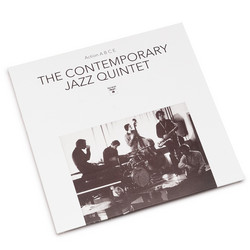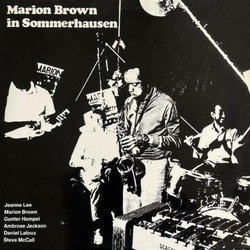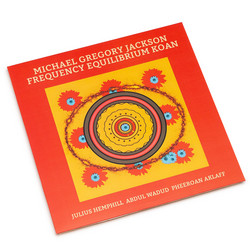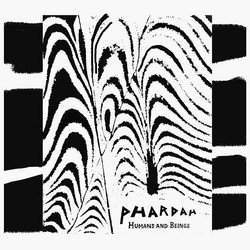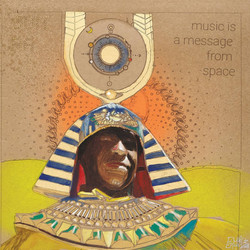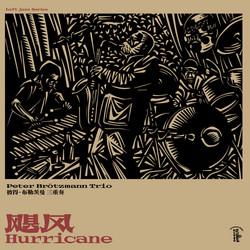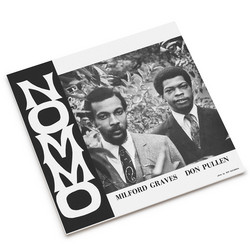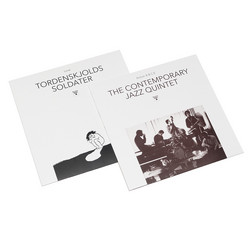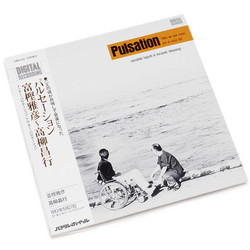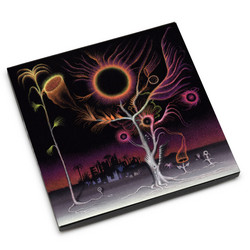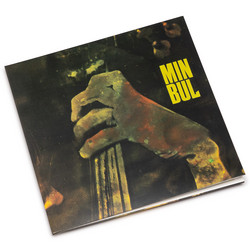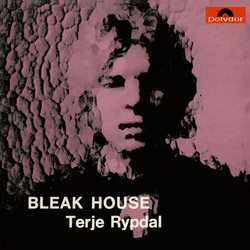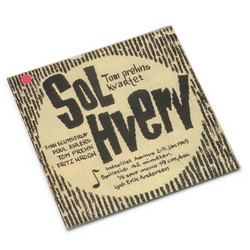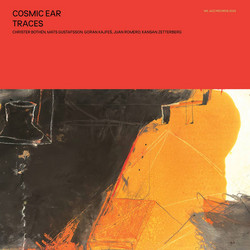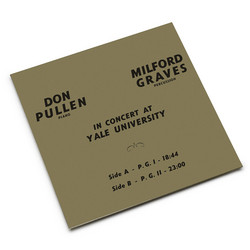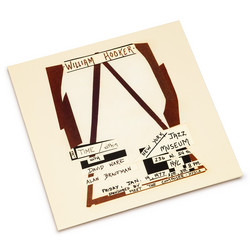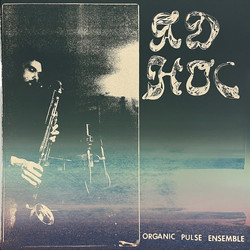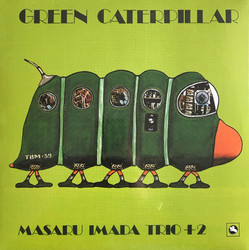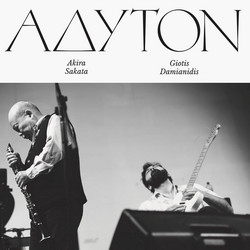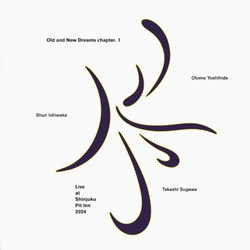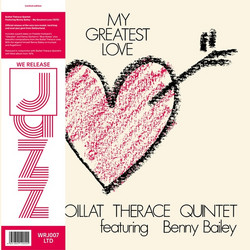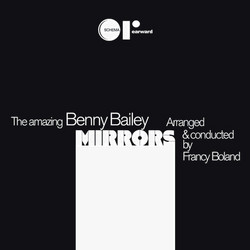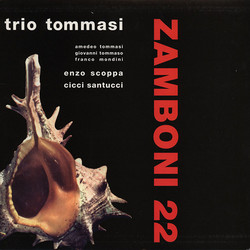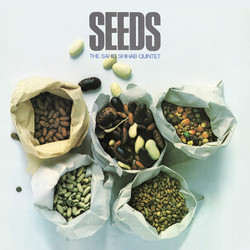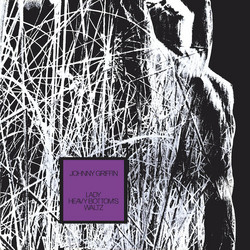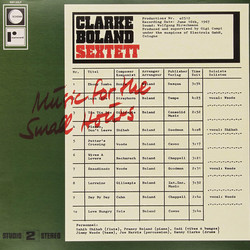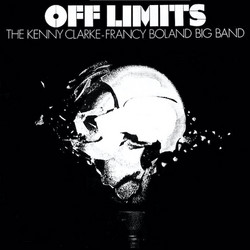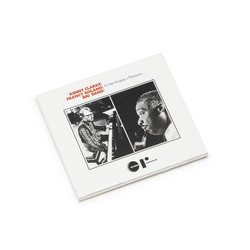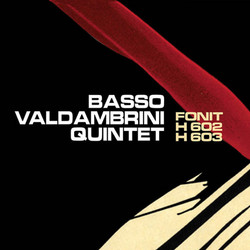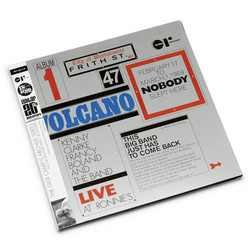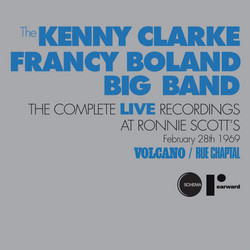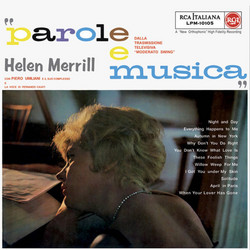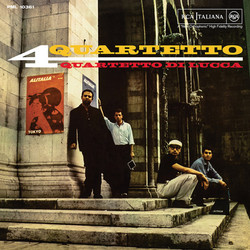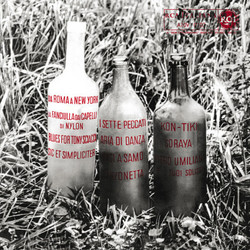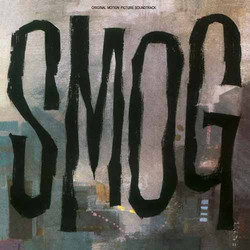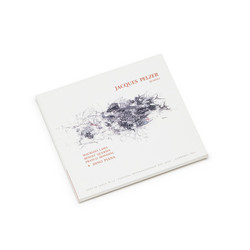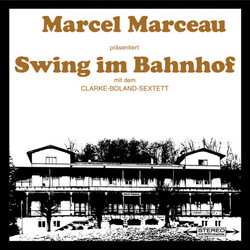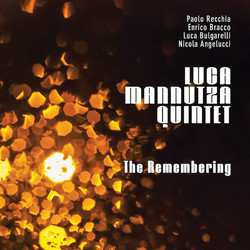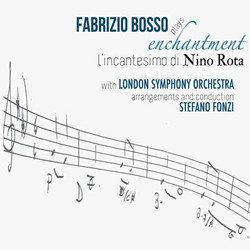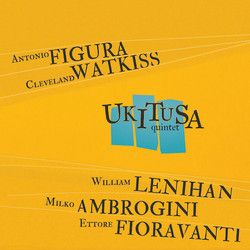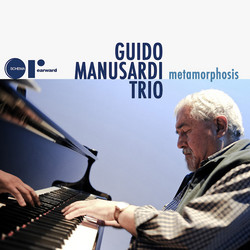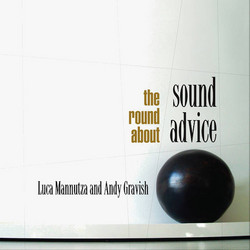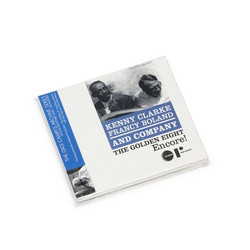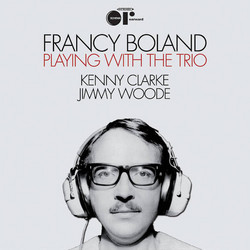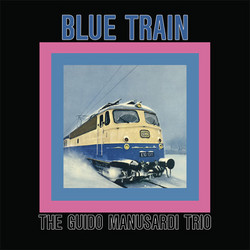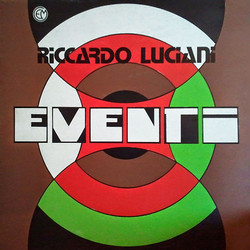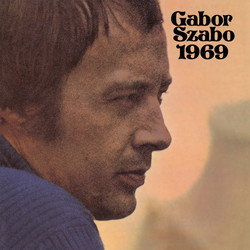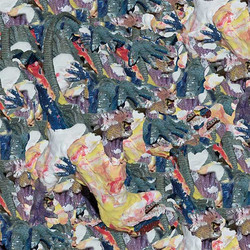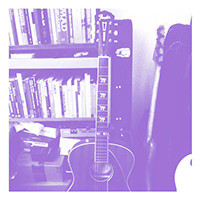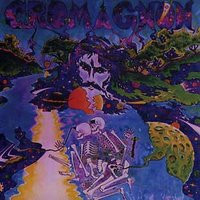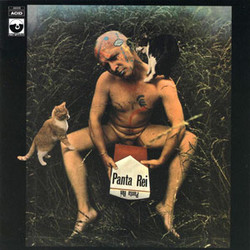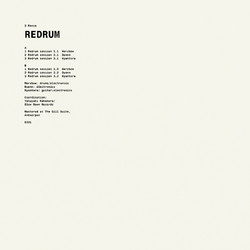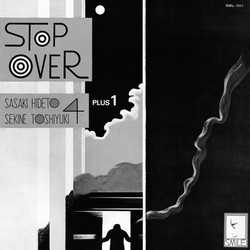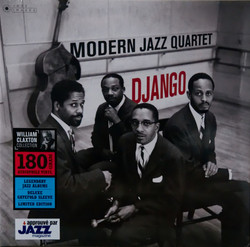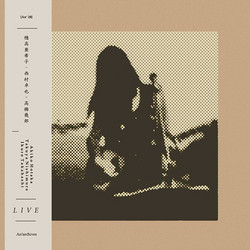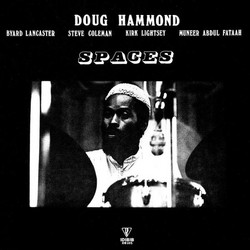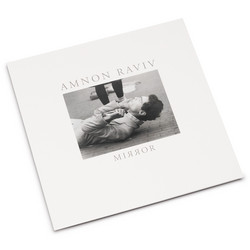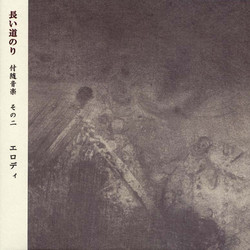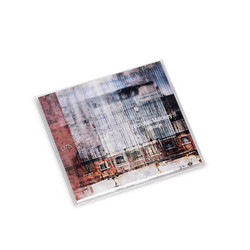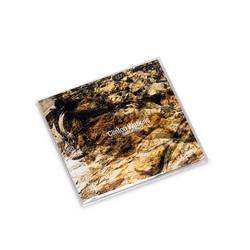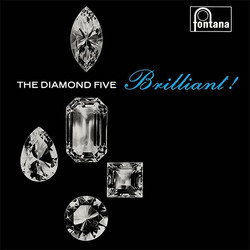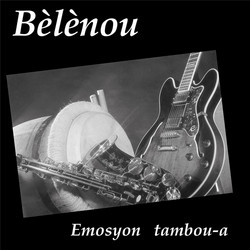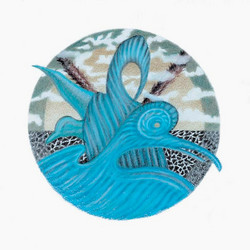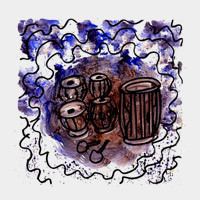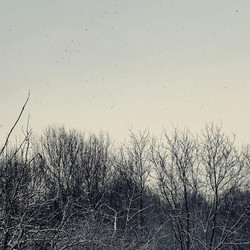*2022 stock* There is a school of thought which maintains that it is something of a tragedy that Benny has had to earn his living and play his trade as an American emigre in Europe, far from the centre of major jazz activities in his native United States. His contribution, they argue, would have been so much larger and much more widely appreciated. He may have won more polls, true. But the personal contentment which life in the more relaxed atmosphere of Western Europe has supplied probably more than balances out the lack of a few trophies on the sideboard. And the argument that his voluntary exile has resulted in a defieiency in artistic challenge just doesn’t hold water. This LP will suffice as an impressive piece of evidence to that.
When the album was conceived, it was felt that it must afford an opportunity to showcase the incredible breadth of Benny’s abilities. No trumpeter currently playing can comand that breadth and imagination. He can swing with the best of them, out-think all-comers and run chord changes in a more spectacular fashion than all bar, say, Dizzy Gillespie. But an album which concentrated solely on this one facet of Benny’s talent would have been shortweight.
Being in close and regular contact, they were able to plan “Mirrors” carefully. Bailey knew what he didn’t want to do, and that was anything resembling a bebop revisited affair. If the world had had to live with so little of Benny Bailey for the past 12 years, “Mirrors” would show them the complete Benny Bailey – and now. Boland was keenly interested in the possibilities of writing for the trumpeter away from the big band setting. The ideas flowed, and among them was the thought of using a string section – four violas, four violins and two celii – on the date.
Now, the fascination that strings hold for jazz musicians is one of the more inexplicable quirks of the music. Despite disaster alter disaster, many jazzmen who should have known better have rushed finto studios, submerged themselves under banks of violins, violas and celli and disappeared without trace. But need the jazz soloist and the string section be such uneasy partners? Must every such venture sound like Muzak? The answer is no. Occasionally, as with trumpeters Clifford Brown and Dizzy Giliespie, and notably with the Stan Getz-Eddie Sauter “Focus” album, the result need not be condemned to a musical chamber of horrors.
The responsibility lies mainly with the arranger in these circumstances. And Boland, writing with a zest and sureness of touch which surprises even his most ardent admirers, carries off the job brilliantly. The strings are controlled with the delicacy of a great chef working through his herb cupboard. The slightest dash here, a little bit more there to add a touch of piquany where required. And, thankfully, Boland does not regard the strings as separate entity, to be held at arm’s length. He weaves the flute and saxophone finto the aural fabric with delightful results.
To share in his return to the studios as a leader, Bailey naturally looked to his colleagues in the Clarke – Boland Big Band. From the wealth of resources there he plucked Tony Coe, Sahib Shihab and bassist Jean Warland. As drummer, he brought in another expatriate, Tony Inzalaco, a young man with a very broad vision of what music is about. Between them, Coe and Shihab handle various flutes, tenor saxophone and clarinet, enough of a tonal palette for arranger Boland to feel free and unhindered. And for good measure, Shihab adds a dash of electronics to his baritone for “At Ronnie’s”. Once again, Coe plays clarinet in a remarkable, unique style which seems to owe nothing to anybody but streaks from dixieland right across the musical landscape to the territory occupied by many avant garde European composers. Finally: the programma. It was carefully selected to provide a rounded picture of the most complete trumpeter in jazz and allo to highlight the talents of the group as a whole. Listen to it, again and again as I did and still do – again and again. “Mirrors” may have been twelve years in coming but it was certainly worth the wait. - Bob Houston
